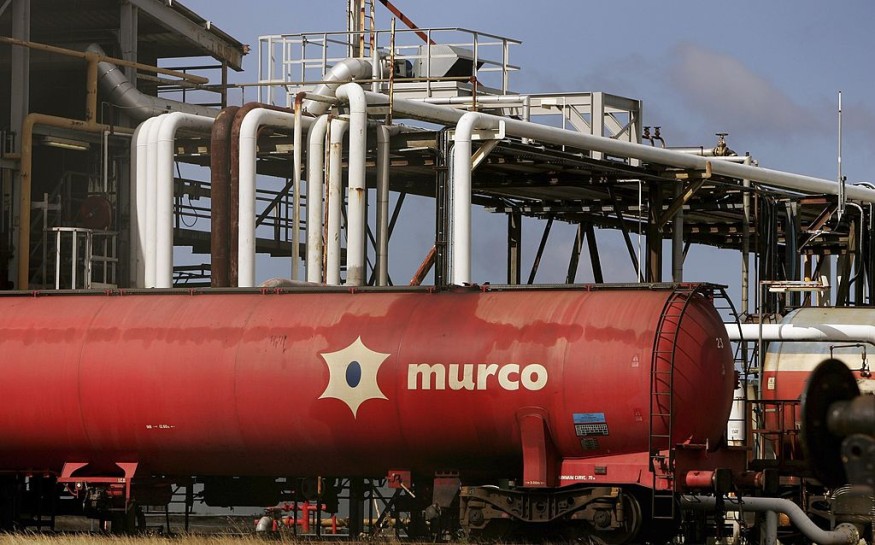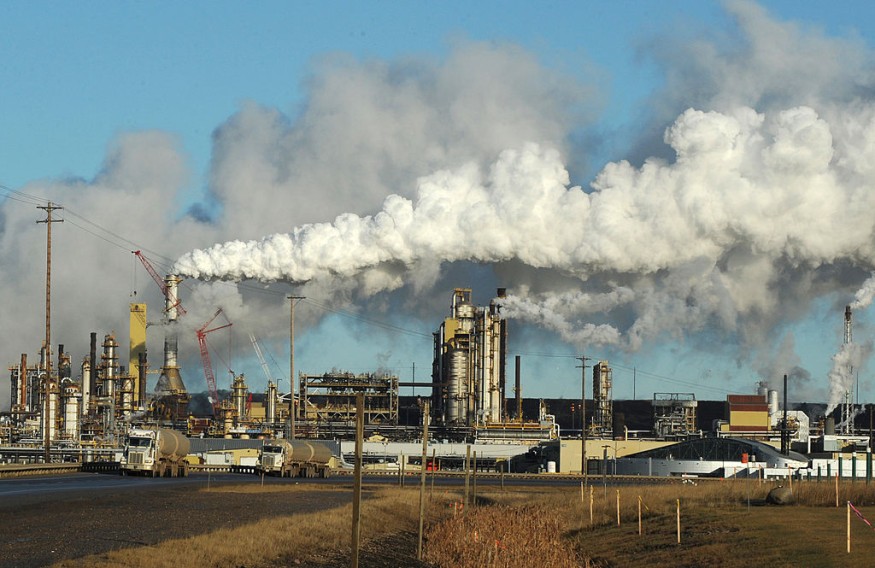Oil prices fell more than 11% on Black Friday, one of the worst one-day drops in history, as a new coronavirus strain triggered worries of fresh lockdowns hurting global demand.

Oil Price Drop

The drop, which is the seventh greatest in the history of Brent crude, the global oil benchmark, may force the OPEC+ cartel to reconsider its strategy when it meets next week, with the group increasingly leaning toward suspending its output increases.
Low liquidity on a U.S. holiday, the violation of numerous technical supports, and Wall Street banks scrambling to dump oil futures to protect themselves from bets in the options market exacerbated the sell-off.
"We kept thinking nothing awful could happen since there was no downside," she explained. "No one thought we'd be able to acquire a variety we hadn't seen before and have a significant influence."
Related Article : World Should Brace for Global Oil Shortage and Skyrocketing Price Due to Worsening Crisis
Rough Week for Oil
The price decline came at the end of a rough week for the oil market, which began with U.S. President Joe Biden taking on OPEC+ by drawing on the country's strategic petroleum reserve to reduce gasoline costs. China, India, Japan, and South Korea all jumped on board with the Americans.
Traders and experts were split on whether the flash fall was an overreaction to the negative news. The decline was dubbed "extreme repricing" by Damien Courvalin, an oil analyst at Goldman Sachs in New York, who predicted that OPEC+ would respond by suspending its output increases for three months.
High retail gasoline prices in the United States spurred the U.S. President Joe Biden has been looking for methods to relieve consumer pressure, which led to the announcement on Tuesday that the U.S. will transfer 50 million barrels of petroleum from the Strategic Petroleum Reserve to China, Japan, India, South Korea, and the United Kingdom. Set to tap inventories as well. Despite this, oil climbed on the day the change was disclosed, suggesting that markets had already priced in the new supply or were unimpressed by the response.
OPEC+ has previously stated that if other nations followed forward with a reserve release, it would review a potential output rise. According to UBS Group AG, OPEC+ might opt to delay or even halve its current scheduled output boost of 400,000 barrels per day.
Holiday Season
The absence of trading activity throughout the U.S. holiday season, which began the day after Thanksgiving and ended early on Friday, undoubtedly aggravated the oil sell-off.
Post-Covid Market

"It's a hint that the market got ahead of itself and that we're still extremely sensitive to Covid-19," John Kilduff, a founding partner at Again Capital LLC, said.
Aside from the headline pricing, oil traders kept an eye on a few other essential market movements. Technically, WTI crude futures fell below their 200-day and 100-day moving averages, indicating technical weakness. Due to the intense pressure on the U.S. benchmark, the spread between it and Brent widened, hitting its biggest since May 2020.
Oil-product markets, the sector of the oil complex most directly impacted by end-user demand, were not much brighter. Diesel prices plummeted, notably in Asia, as the market priced in the possibility of a fresh downturn in economic development.
In an interview, Amrita Sen, chief oil analyst at consultant Energy Aspects Ltd., stated, "This is a massive overreaction in terms of the market." "This is how the market values the worst-case possibilities."
For more news about making the environment sustainable, don't forget to follow Nature World News!
© 2025 NatureWorldNews.com All rights reserved. Do not reproduce without permission.





